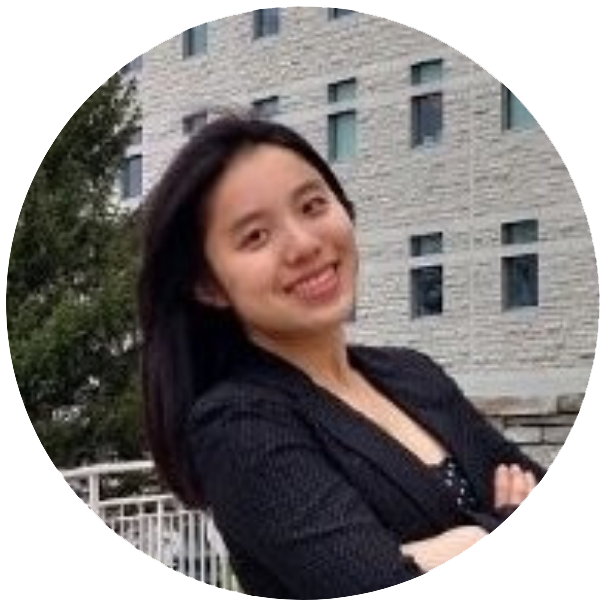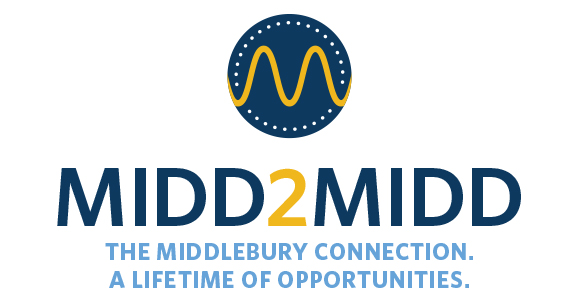Graduation Year: 2016
Major: Economics
Minor: Political Science, Philosophy
Thank you very much, Aaron, for taking the time to share your career path with us. Could you give us a brief introduction to your day-to-day job? How have your role and responsibilities evolved as you progressed from an associate to a consultant? My current day-to-day role is effectively a project leader. I manage teams in our West Coast Private Equity practice, where we focus on transactional due diligence (both buyside and sellside) as well as portfolio strategy work. Prior to joining the Private Equity team on a more permanent basis about 6 months ago, I was able to gain a wide range of experience across industries as an Associate and Consultant. I worked in a variety of industries from technology to financial services, industrial goods and even some local pro-bono work on homelessness. I also got the opportunity to work in Singapore for four months on a digital transformation, all the while learning how to deliver my individual portion of the assignment more independently.
As I became a consultant, my responsibilities grew beyond stand-alone tasks/modules. In addition to being assigned my own portion of the research, I started to be given responsibility across the team, managing more junior teammates, and being more active in communicating with clients. Beginning this year, I fully transitioned into the project leader role, where I have taken on responsibility for day-to-day team management and execution of our projects.
In which areas have you grown the most in your three years at BCG? What part of your job do you find most rewarding to your personal development? The two areas I have had the most growth in are developing a confident communication style and mentoring young teammates. In terms of confidence, at BCG I often have to communicate with clients who are much more senior and come across as an expert in the process. Through repetition, I have developed these communication skills and I am now able to confidently articulate my perspectives to clients even under uncertain circumstances.
In terms of mentorship, in a high-turnover industry like consulting, you start being looked to for guidance and feedback pretty early on and I started helping out younger associates during the later period of my associate tenure. As I became a consultant, I played a more formal role in BCG’s learning and development team. I facilitated internal trainings and helped new associates to get up to speed on my projects. Now, in a more formal management role, I have the opportunity to work with (and hopefully develop) 3-4 associates and consultants at a time. It is incredibly rewarding and one of things I enjoy the most about the job.
How can students from Liberal Arts backgrounds stand out in consulting interviews? Notwithstanding the current environment, my view is that as a graduate from a Liberal Arts college, you are not necessarily going to distinguish yourself with technical knowledge derived from a business-oriented courses relative to an applicant from a business program. What you do bring to the table (which I would argue is even more important than technical knowledge) is that you are a well-rounded candidate with a wide variety of academic experiences and experience telling stories, which is an essential skill.
To demonstrate your versatility during the “fit/behavioral” portion of the interview, I always suggest preparing ~5 personal stories in advance, each that you can succinctly tell in about three minutes. Collectively, the stories should provide a full picture of your experiences and by planning in advance, you can ensure that each story display a different strength or experience rather than conveying the same experience multiple times for different questions. At the end of the day, the “fit/behavioral” portion of the interview process is about communicating your story succinctly, not just answering the specific questions (which just serve as prompts). With a little practice, you should be able to tailor most of your stories slightly to fit any set of questions you are asked and ensure your story comes across regardless what questions you are asked.
On the case interview side, regardless of your academic background, practice is important to ensure you are comfortable with the format. Yet students should also realize that firms are not looking for formulaic answers. There are certain structural rules that can help students to organize their thoughts, but ultimately case interviews are more of an art than a science. This is where your liberal arts education can really come out. It is about showing your creativity and critical thinking rather than your ability to execute a rigid framework. If you do not have experience with the industry you are being asked about, draw parallels from industries you are familiar with and explicitly tell the interviewers what assumptions you make. There is no expectation that you have relevant industry experience and the case interview is really testing your ability to think in a clear, structured manner and creatively draw on past experiences to aid you in getting to the answer.

This series is coordinated by Xiaoli Jin ’19. Look for more alumni profiles each week. You can connect with Xiaoli on LinkedIn.
If you are interested to interview alumni and contribute to this series, please contact Xiaoli Jin 2019′ on Midd2Midd.

In this time of social distancing, we are all looking for new ways to stay connected, and Midd2Midd is one of them! Midd2Midd connects Middlebury students, alumni, and parents, supporting mentoring, networking, and engagement within the Middlebury community around the world. Midd2Midd is your place to make things happen. Simply complete your profile, create a customized search, and begin to network!